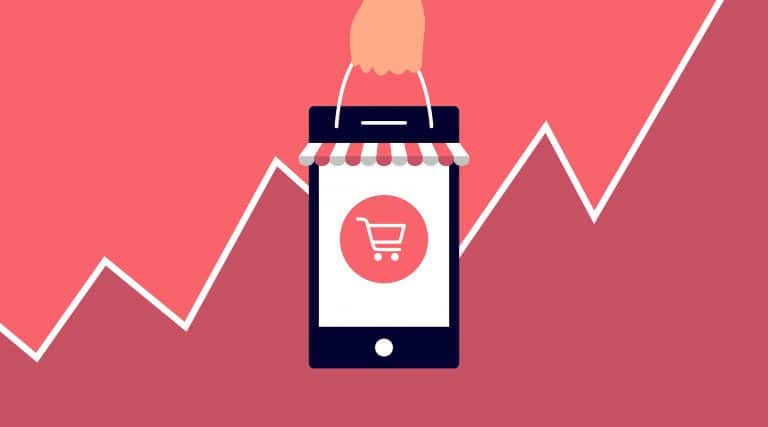Data has become a critical asset for businesses of all sizes, and with the explosion of big data, the need for efficient data management strategies has become more important than ever. One of the most significant innovations in data management is the emergence of data marketplaces, online platforms where businesses can buy and sell data. In this blog post, we’ll explore how data marketplaces are changing the way businesses approach data management, and how they can be used to drive growth and success in your operations.
As the business world continues to evolve, data has become a critical asset for companies of all sizes. With the explosion of big data, businesses need more efficient ways to store, analyze, and monetize this valuable resource. Enter the data marketplace, a revolutionary platform that has transformed the way companies approach data.
What is a Data Marketplace?
Simply put, a data marketplace is an online platform where businesses can buy and sell data. It allows companies to access a vast array of data sets that they can use to enhance their operations, gain valuable insights, and make informed decisions. Data marketplaces typically offer a wide range of data types, including customer data, social media data, transactional data, and more.
How Does a Data Marketplace Work?
The process of buying and selling data on a marketplace is relatively straightforward. Sellers upload their data sets to the platform, along with information about the data’s source, quality, and pricing. Buyers can then browse the available data sets, compare prices and quality, and make a purchase. The marketplace handles the transaction and ensures that the data is delivered securely and efficiently.
Benefits of Using a Data Marketplace
There are numerous benefits to using a data marketplace, including:
Access to a Wide Range of Data Sets: Data marketplaces offer businesses access to an extensive collection of data sets, making it easier to find the right data for their needs.
Cost-Effective: By using a data marketplace, businesses can avoid the high costs of collecting and maintaining their data sets. They can simply purchase the data they need from the marketplace, reducing their expenses.
Improved Efficiency: Data marketplaces offer a streamlined process for purchasing data, eliminating the need for time-consuming negotiations and transactions.
Enhanced Data Quality: Data marketplaces typically have strict quality control measures in place, ensuring that the data is accurate and up-to-date.
New Revenue Streams: Businesses can monetize their data by selling it on a data marketplace, creating a new source of revenue.
Examples of Data Marketplaces
There are several data marketplaces available today, each offering a unique set of features and benefits. Some of the most popular data marketplaces include:
Amazon Web Services (AWS) Marketplace: AWS Marketplace offers a wide range of data sets from various providers, including social media data, financial data, and more.
Microsoft Azure Marketplace: Microsoft Azure Marketplace offers data sets from Microsoft and third-party providers, including customer data, IoT data, and more.
IBM Data Exchange: IBM Data Exchange offers a variety of data sets, including weather data, demographic data, and more.
Data marketplaces have become a game-changer for modern businesses by providing a centralized platform where buyers and sellers can exchange data in a secure and transparent manner. With the explosion of big data, the demand for data marketplaces has increased, and businesses are now leveraging these platforms to access the data they need to stay competitive in their industries.
Data marketplaces offer several benefits to businesses, including cost-effectiveness, improved efficiency, enhanced data quality, access to a wide range of data sets, and new revenue streams. Businesses can use data marketplaces to gain valuable insights into their operations, identify new business opportunities, and optimize their decision-making processes.
These marketplaces offer a wide range of data sets, including customer data, financial data, social media data, and more.
Data Privacy and Security
When using a data marketplace, it’s essential to consider data privacy and security. With data breaches becoming increasingly common, it’s critical to ensure that your data is protected when using a marketplace. Before selecting a data marketplace, it’s essential to evaluate the marketplace’s security protocols and ensure that they comply with applicable data privacy laws and regulations.
Data Ethics
Businesses that use data marketplaces must ensure that they are using data in an ethical and responsible manner, respecting individuals’ privacy rights and avoiding discriminatory practices. Data ethics refers to the moral principles and guidelines surrounding the collection, use, and management of data.
Data Integration
To get the most value from their data, businesses must be able to integrate their purchased data sets with their existing data management systems seamlessly. When selecting a data marketplace, businesses should evaluate the marketplace’s integration capabilities and ensure that they can easily integrate their purchased data into their existing systems.
In conclusion, data marketplaces offer businesses a powerful tool for accessing valuable data sets and gaining critical insights into their operations. However, to get the most value from a data marketplace, businesses must carefully evaluate their options and consider factors such as data security, data ethics, and data integration. By combining a data marketplace with other data management strategies such as analytics and governance, businesses can harness the power of data to drive growth and success in their operations.
With Cluster, it’s possible to understand how categories are shifting over time, find out who is taking market share, and learn why it is happening, ensure your products are only carried by reputable 3P sellers. Identify and mitigate fraud and price anomalies and more. Book a demo now.




